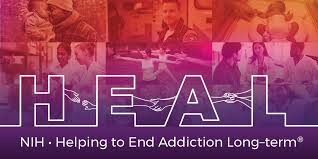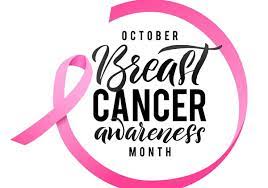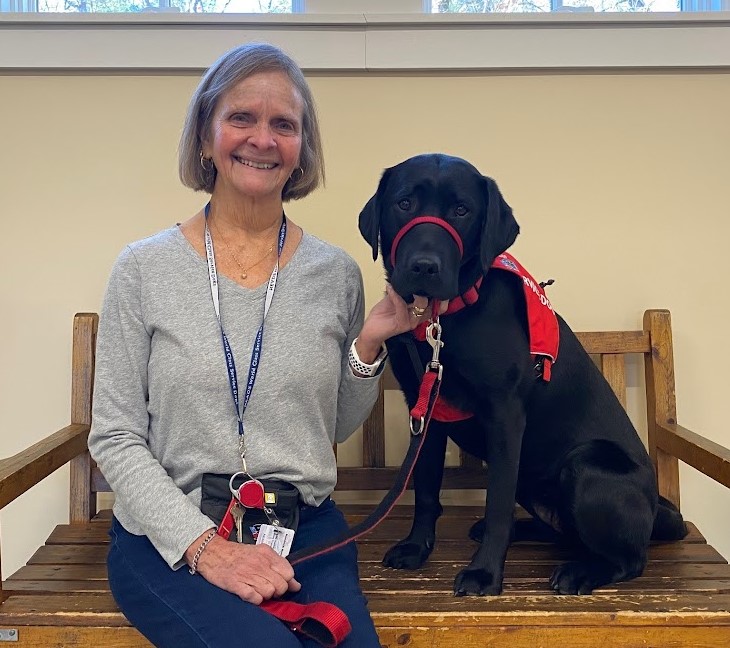
For Grace Director John Garrett has been invited to join an NIH HEAL ("Helping to End Addiction Long-Term") Initiative panel to give a caregiver's perspective on upcoming clinical trials in pain research. The panel is seeking PWLE individuals ("People With Lived Experience") and Garrett, a 43-year caregiver of a person with high-impact pain, is well suited to contribute as an advisor to this important effort to improve research and care. The NIH HEAL Initiative aims to speed scientific solutions to the opioid epidemic and the crisis of chronic pain.

It is with the heaviest of hearts we share that long-time For Grace board member Jane Goodall passed away in Los Angeles yesterday at age 91. Jane was world-renowned for her groundbreaking work with primates along with her visionary efforts to better the planet's natural environment and our understanding and compassion for the animal kingdom. Also, Jane was beyond kind and generous in lending her name and network to forward For Grace's work to improve the plight of women in pain across the globe. She is irreplaceable in every way, but we are deeply confident that Jane's light and humanity will shine on forever...and ever...

Breast Cancer Awareness Month connects deeply for so many - and so it is with For Grace. Our founder Cynthia Toussaint fought the most aggressive form of the disease, Triple Negative Breast Cancer, brought on by the trauma caused by her family of origin, in 2020 and again in 2022. Fortunately, both times she was a super responder to the chemotherapy and immunotherapy she received. Now three+ years clear, she's considered cured. Though dealing with some common painful side effects, Cynthia feels deep gratitude as Life Is Sweet...

We continue this year's theme of looking at the connection between social isolation and chronic pain with October's Story of the Month. Woman In Pain Ellen Lenox-Smith didn't get her diagnosis of Ehlers-Danlos Syndrome until she was 54, but that didn't stop the disease from taking away so much she cherished. As pain and disability mounted, she spent more time inside and alone, left to watch those she loved carry on. But you can't keep the good ones down as Ellen now fights for EDS awareness, cannabis use for pain management and much more.
